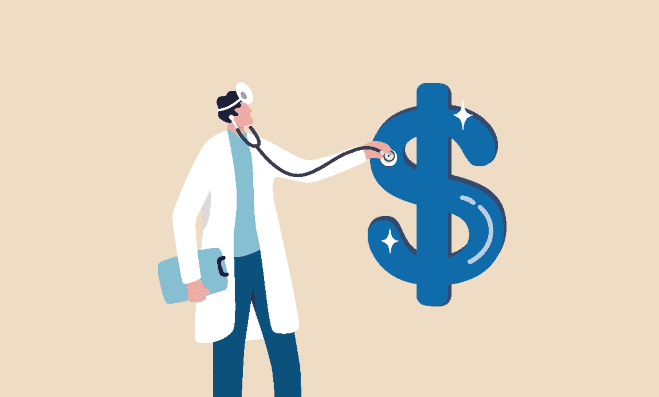The Many Names and Faces of Recovery Today
Recovery takes many shapes and forms nowadays, thankfully!
I know people who are smober— free of smoking, usually tobacco, often vaping, too; sober—free of alcohol; some who are both sober and smober, and some who are neither yet still very much in their own version of recovery!
It’s September as I write this to you, Recovery Month here in the States, so I’m enjoying conversations that start with the question: What is recovery for you?
For some of us, recovery is another word for transforming a life. This can take different shapes and forms over one individual lifetime and for as long as we’re alive.
We can evolve as humans until we take our last breath.
When I worked as a therapist, the eldest client I saw came to therapy for the first time at 78. I’ve seen people stop smoking in their seventies, too.
As we live and evolve, we get to meet new challenges and opportunities to grow, to show up in new ways.
After the release of the June/July 2022 issue, I got a lot of questions about what I’d written.
The most frequent: what is smober, and is that a word you made up?
Smober isn’t a word I coined. I first heard it in 1990—it’s been around that long! Don’t you love how smober is just one letter different from smoker, yet it describes a state that can be so vastly different from smoking. I also love that it sounds like sober, another form of recovery. Sometimes when people see it in print, they think it’s sober misspelled—even when it’s printed on a t-shirt!
The word that I did coin in recovery is buttkicker. And being a buttkicker isn’t just about kicking butts, it’s about bringing a buttkicking consciousness to all areas of our life.
Buttkicking is about being willing to go to any lengths, to stay committed to your own evolving version of recovery, no matter what comes.
It may be when you keep taking your recovery to the next level.
The relationship with money is one of those next-level areas of recovery for many of us.
Once we “stop the bleeding” of our vital life force – killing ourselves quickly or slowly through chemicals or other life-threatening means — we get to look at how to use our vital life force to be the people and have the influence we came here to have and be.
And, like getting sober or smober, money recovery can also be primary recovery.
Money recovery is one of those places I’ve met people who aren’t sober or smober in the traditional sense, though they have amazing recovery and transformation in other areas, such as their newfound ability to manage and direct funds, or to get paid well for the work they do and love.
Not everyone in recovery has struggled with drugs: alcohol, tobacco, heroin, meth, opioids, etc.
Some have launched and sustained recovery for any number of other reasons besides substances. For some, hitting bottom was about depleting resources in other ways.
One fellow traveler was living in a garage at their onset of recovery and is now managing a seven figure income. For others the transition is less dramatic, though still thrilling, miraculous.
Fiscal health is an area of recovery for me.
Alongside physical health and smobriety, I see how changing my relationship with money nurtures all of the other aspects of my life, from self-esteem to selfcare to service.
In the mutual support communities where I belong, learn and grow, I’m able to hear how others are growing along these lines. I’m also able to see how often I’ve shortchanged myself, physically, fiscally and otherwise.
It’s a good metaphor, isn’t it? How have you shortchanged yourself? How would you prefer to be living and rewarding yourself for a life well-lived, for a job well done?
Something I love to remember is that no matter how entrenched a pattern may be, it’s just that: an old way of being.
It’s our history, and we’re malleable, bendy, flexible.
With enough guidance and support, we can transform old patterns, especially when we bring a buttkicking consciousness to that transformation.
One day at a time, together.
We were never meant to do any of this alone.
We recover together, yet each in our own individual way. Yay!



